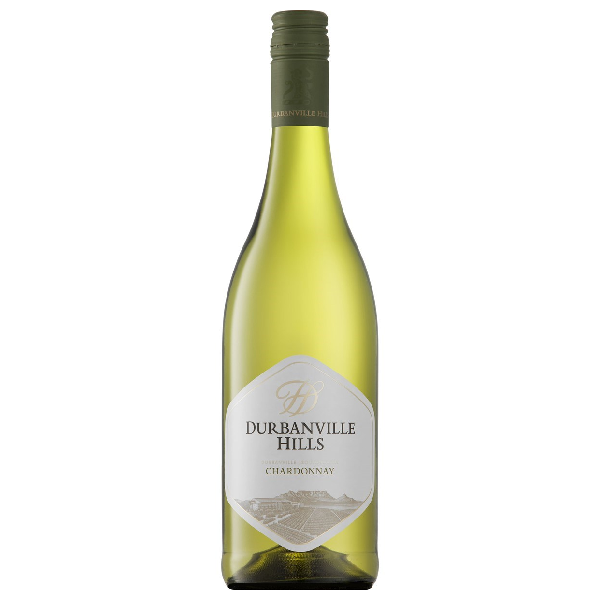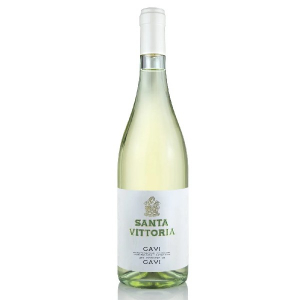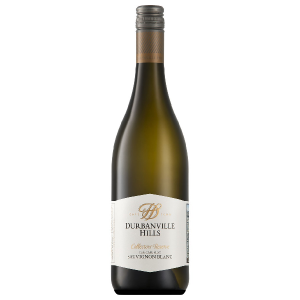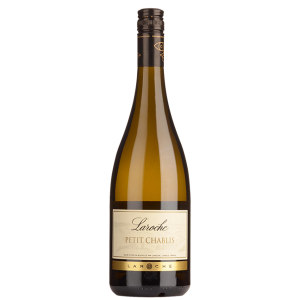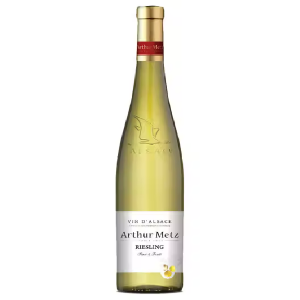Out of stock
DURBANVILLE HILLS CHARDONNAY
KES1,530
Aromas of zesty citrus and butterscotch on the nose with hints of orange blossom and dried apricot. An elegant, well-balanced wine that fills the mouth with sweet fruit, orange zest, leading to a fresh finish.
Nine leading vineyard owners in the Durbanville district joined forces with Distell to create Durbanville Hills with the aim of promoting the regional individuality of this prime wine-growing area. The striking Durbanville Hills cellar sits on the side of a series of rolling hills with magnificent views of Table Mountain and Table Bay – the very geography that lies at the heart of what makes the wines so unique
Out of stock
Add to Wishlist
Category: White
Related Products
-
Santa Vittoria Gavi 2019
KES6,210This is a white wine with personality, which resolutely defends its characteristics against the perils of time, allowing it to maintain the highest quality for several seasons.
Straw-yellow with greenish highlights, it has an ample nose, with an intense bouquet featuring flowers, vanilla, lemon, lily of the valley and bitter apples. Its nicely
dry taste is full, well-balanced and elegant.Considered to be one of the greatest Piedmontese white wines, Gavi di Gavi represents the essence of the Cortese grape, cultivated in the Monferrato area, on the border with Liguria. Here, the winds that blow in from the sea enable the creation of a wine that is always crisp, with pleasant, almost salty, mineral notes, perfect for aperitifs or to pair with fish.
-
DURBANVILLE HILLS COLLECTORS SAUVIGNON BLANC
KES3,050Inspired by Cape Town’s radiant energy and creative demeanour, our new premium offering – The Collector’s Reserve – is a unique range specially crafted by our winemakers using only the finest grapes from Cape Town’s best vineyards.
The Cape Mist is a natural phenomenon in Cape Town, stealthily moving in as a cool Atlantic breeze over Table Bay. The mist provides a soft blanket over the surrounding slopes and creates the perfect cool climate conditions associated with the Durbanville terroir. These conditions are crucial in creating the perfect environment to grow Sauvignon Blanc, renowned for its abundant and lingering tropical fruit flavours and balanced freshness.
-
Laroche Petit Chablis
KES4,400KES4,180The fruit for this Petit Chablis is sourced from local growers who work in close collaboration with the Laroche winemaking…
-
Arthur Metz Riesling 2018
KES2,185 – KES13,110Alsace, France- Delicious and fruit-forward, this dry Riesling shows why this grape is Queen of Alsace. The bright notes of peach and Lychee marry perfectly with the crisp acidity, allowing this to pair perfectly with Asian and fusion cuisines.
Vintage Year – 2018
5% Discount on a case of 6 bottles.

